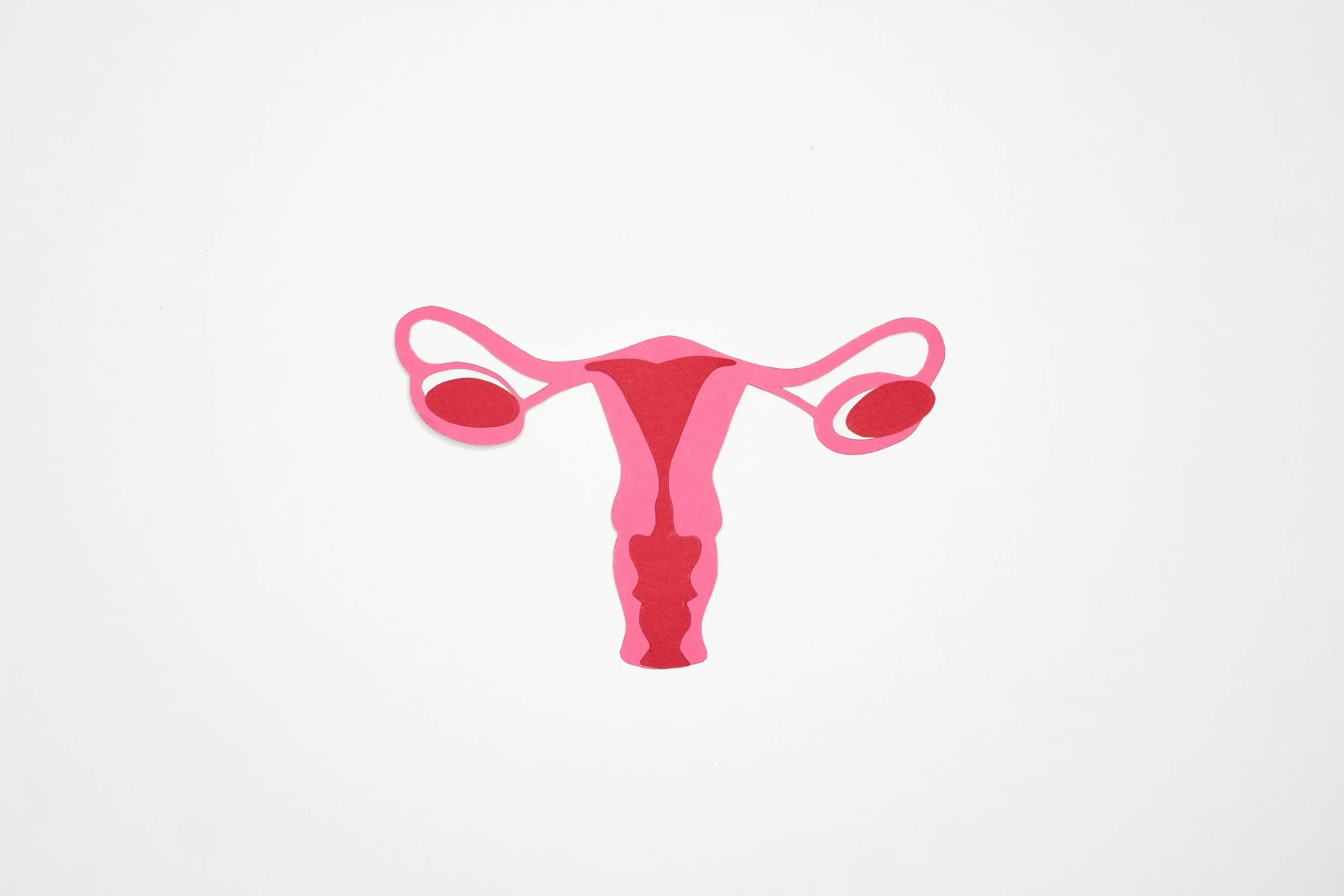Can I Donate My Eggs If I Have PCOS? What to Know During PCOS Awareness Month
If you’ve been diagnosed with Polycystic Ovary Syndrome (PCOS), you may be wondering: Can I still become an egg donor? It’s a great question—and the answer is: it depends.
At Futura Egg Donation, we speak with many women who have PCOS and are curious about egg donation. Some want to give back and help others conceive. Others are seeking to learn more about their own fertility journey. And while we wish we could give a simple yes or no, the truth is more nuanced.
What is PCOS?
PCOS is a hormonal condition that affects about 1 in 10 women of reproductive age. It’s often associated with irregular periods, higher levels of androgens (“male” hormones), insulin resistance, and—in some cases—enlarged ovaries with multiple small follicles (often referred to as “cysts”).
While PCOS does not mean you're infertile, it can affect ovulation and how your body responds to fertility medications—two important factors when considering egg donation.
Why Clinics Are Cautious
When you donate eggs, you take medications to stimulate your ovaries to produce multiple eggs in one cycle. For people with PCOS, these medications can sometimes cause the ovaries to over-respond. This increases the risk of a condition called Ovarian Hyperstimulation Syndrome (OHSS), which can range from mild to severe.
Because of this, many fertility clinics are cautious about accepting donors with PCOS. It’s not about stigma—it’s about safety, for you and for the quality of the eggs retrieved.
Is It Ever Possible?
In some cases, women with PCOS can be approved to donate their eggs. Here’s what might make that possible:
A mild or well-managed PCOS diagnosis
Normal hormone levels (especially AMH and androgens)
A healthy BMI and no recent symptoms of OHSS
Approval from a reproductive endocrinologist
Ultimately, the decision comes down to the clinic’s medical director and your individual screening results. At Futura, we always prioritize your safety and only move forward if our physicians are confident it’s a healthy and positive choice for you.
What You Can Do
Even if you’re not approved to donate eggs, your interest in the process is still valuable. Many women first learn about their PCOS diagnosis through an egg donation screening, which includes hormone testing and an ultrasound. Knowing where you stand can empower you to take charge of your fertility—whether or not you go on to donate.
Plus, if you’ve ever considered freezing your eggs or pursuing treatment for PCOS, this information can help guide your next steps.
Our Commitment During PCOS Awareness Month
At Futura, we believe in transparency, education, and support. We’re here to help women understand their reproductive health—not just during PCOS Awareness Month, but every day. Whether or not you’re eligible to donate, we’ll walk you through your options with kindness, clarity, and care. Have questions? Reach out to our team—we’re here for you.

